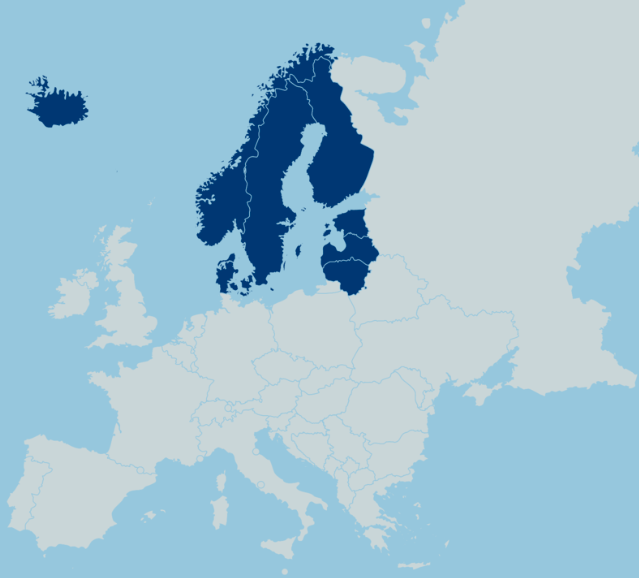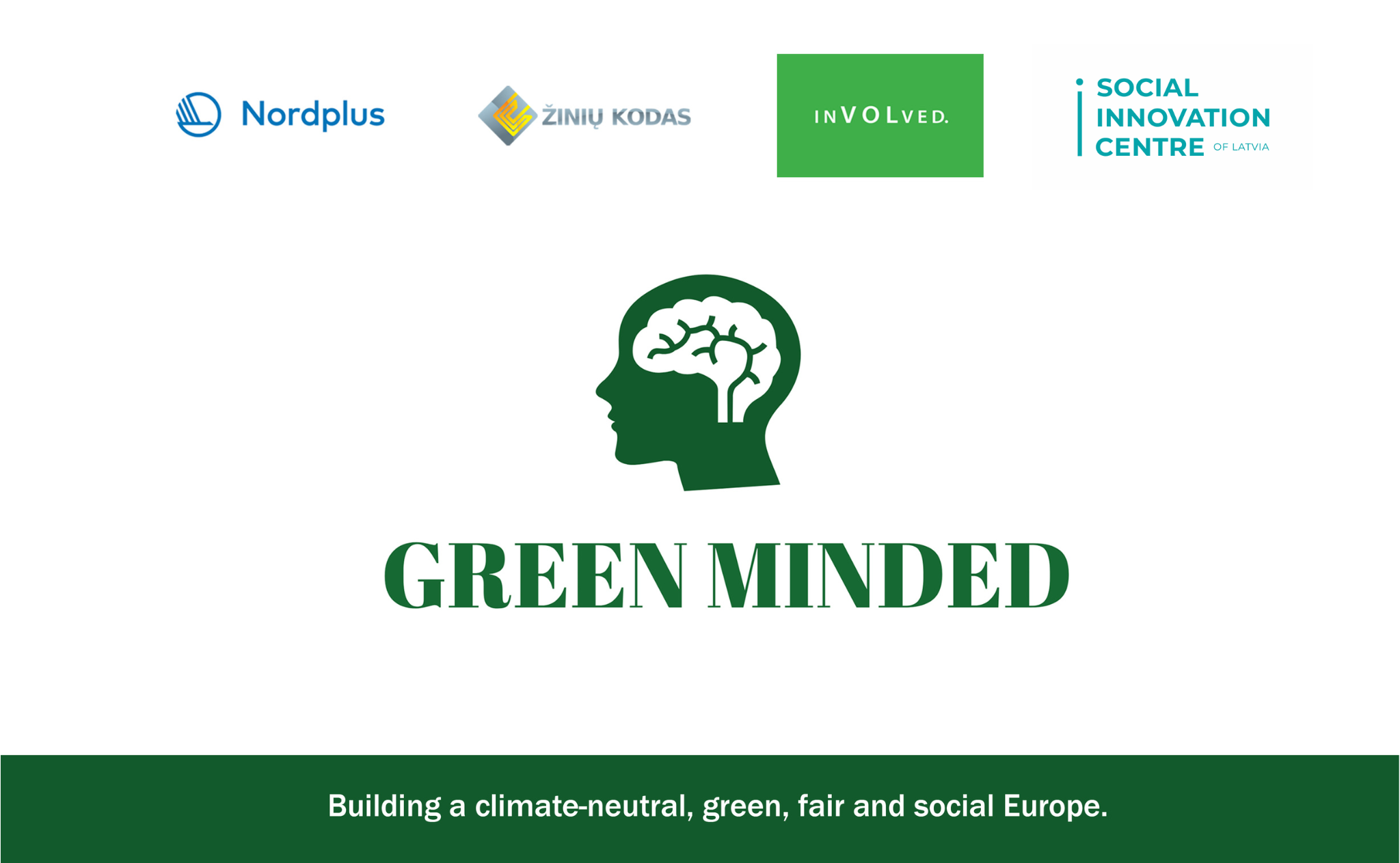This study evaluates the current situation and identify best practices in the Baltic countries (Estonia, Latvia, and Lithuania) and the Nordic countries (Denmark, Finland, Iceland, Norway, and Sweden), through comparison of the legal forms available for social entrepreneurship or social business.
Social enterprises have gained importance in European and national policies in recent years. There is a growing awareness that they create sustainable and inclusive growth and stimulate social innovation. Moreover, the question can be raised as to whether social entrepreneurship and, more precisely, legal forms available for social enterprises can make an impact on sustainable development. The United Nations 2030 Agenda for Sustainable Development, including its 17 Sustainable Development Goals (SDGs), is committed to eradicating poverty and achieving sustainable development worldwide by 2030. In the run-up to the adoption of the 2030 Agenda, the European Commission worked closely with the European Union (EU) Member States to ensure an ambitious global outcome. The European Commission committed to mainstreaming the SDGs into EU policies and initiatives. Amongst different tools for the implementation of SDGs, social entrepreneurship or social business can contribute to this process both nationally and internationally. The aim of this paper is to evaluate the current situation and capture best practice in the Baltic countries and the Nordic countries, through comparison of the legal forms available for social entrepreneurship or social business.
© Lavisius T., Bite V. and Andenas M. (2020). Social Entrepreneurship in the Baltic and Nordic Countries. Would the Variety of Existing Legal Forms do more for the Impact on Sustainable Development? Entrepreneurship and Sustainability Issues, 8(1):276-290.


This publication has been prepared within INDIGISE project. The content of this publication is the sole responsibility of the project coordinator and may not always reflect the views of the European Commission or the National Agency.















Leave A Comment